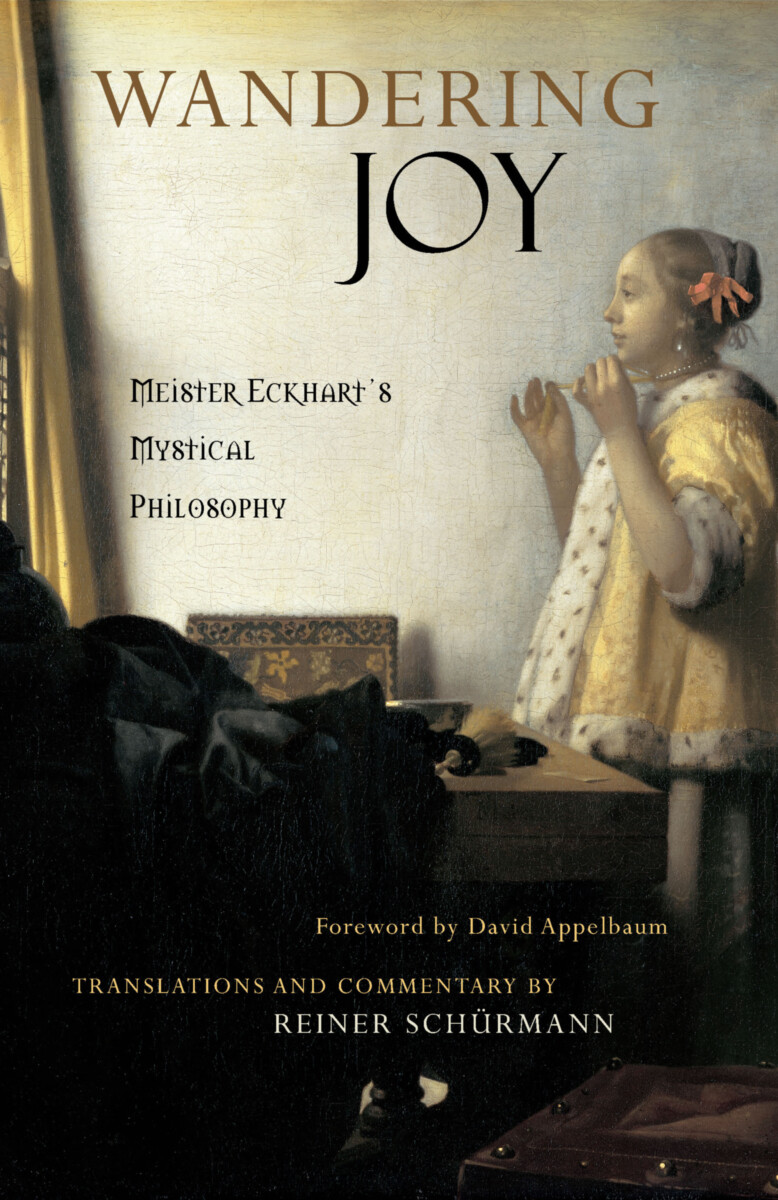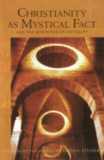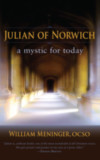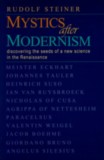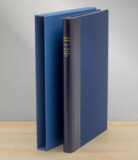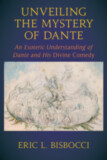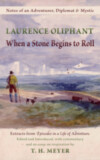Wandering Joy
Meister Eckhart's Mystical Philosophy
- Publisher
Lindisfarne Books - Published
1st June 1997 - ISBN 9780970109712
- Language English
- Pages 304 pp.
In this remarkable work, Reiner Schürmann shows Meister Eckhart, the thirteenth-century Christian mystic, as the great teacher of the birth of God in the soul, which shatters the dualism between God and the world, the self and God. This is an exposition of Eckhar's mysticism—perhaps the best in English—and, because Eckhart is a profound philosopher for whom knowing precedes being, it is also an exemplary work of contemporary philosophy.
Schürmann shows us that Eckhart is our contemporary. He describes the threefold movement of detachment, release, and "dehiscence" (splitting open), which leads to the experience of "living without a why," in which all things are in God and sheer joy. Going beyond that, he describes the transformational force of approaching the Godhead, the God beyond God:
"A man who has experienced the same no longer has a place to establish himself. He has settled on the road, and for those who have learned how to listen, his existence becomes a call. This errant one dwells in joy. Through his wanderings the origin beckons."
C O N T E N T S:
Foreword by David Appelbaum
Introduction
1. Sermon, “Jesus Entered”
2. Sermon, “Woman, the Hour Is Coming”
3. Sermon, “See What Love
Commentary: The Understanding of Being in Meister Eckhart
Appendix: Meister Eckhart and Zen Buddhism
Meister Eckhart
Meister Eckhart (Eckhart von Hochheim O.P., c.1260–c.1328) was a German theologian, philosopher, and mystic born near Gotha, in the Landgraviate of Thuringia in the Holy Roman Empire. Eckhart came to prominence during the Avignon papacy, a time of increased tensions among monastic orders, diocesan clergy, the Franciscan Order, and Eckhart's Dominican Order of Preachers. In later life, Eckhart was accused of heresy, brought before the local Franciscan-led Inquisition, and tried as a heretic by Pope John XXII, but it seems he died before his verdict was received. He was well known for his work with pious lay groups such as the Friends of God and was succeeded by his more circumspect disciples John Tauler and Henry Suso. Since the nineteenth century, he has received renewed attention. He has acquired a status as a great mystic within contemporary popular spirituality, as well as considerable interest from scholars situating him within the medieval scholastic and philosophical tradition.


